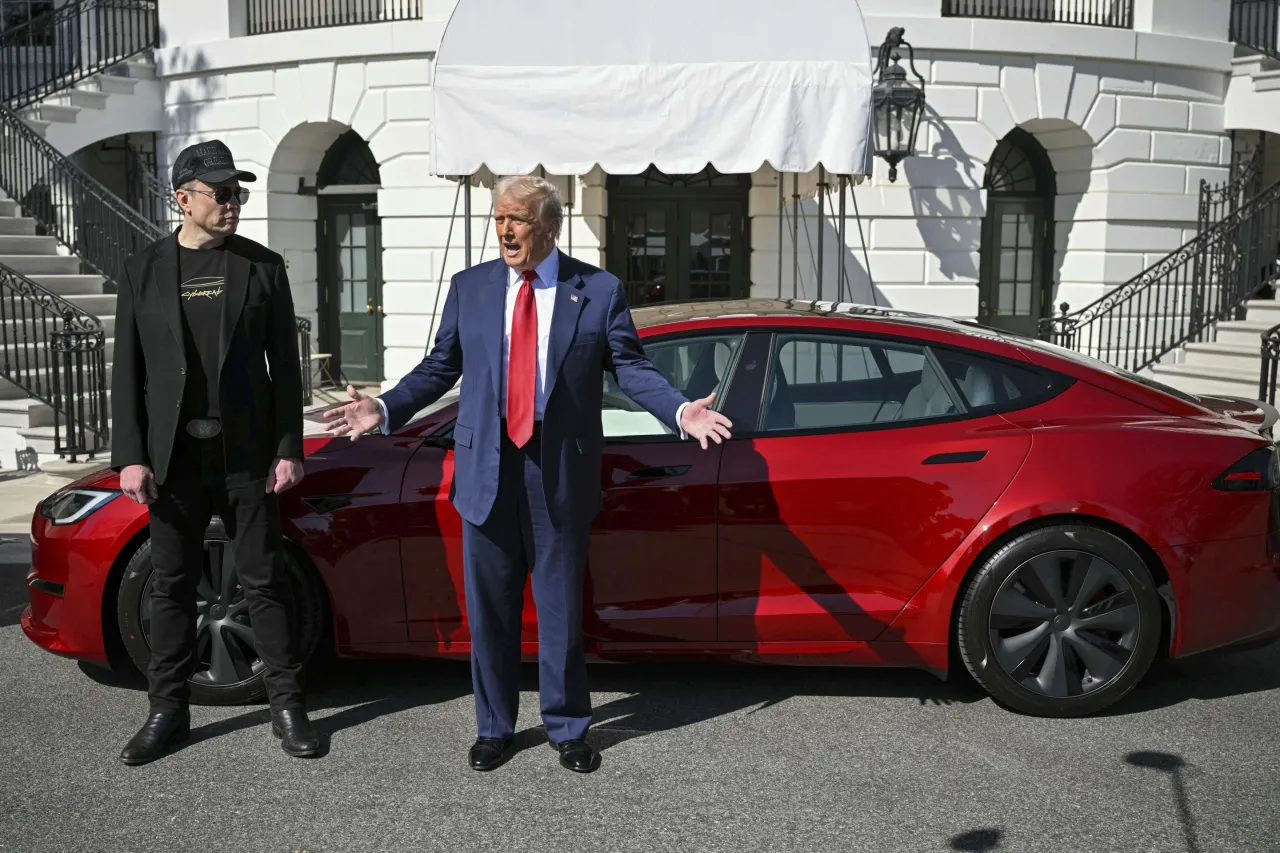While the world watches political turmoil in Washington, Germany faces its own escalating crisis, quietly upending Europe’s most powerful economy. A clash of ideologies and internal disputes have dismantled Chancellor Olaf Scholz’s coalition government, leaving Germany in a state of political limbo just as economic growth stalls and anxiety rises over a potential Trump presidency in the U.S.
The crisis erupted Wednesday night when Scholz dismissed Finance Minister Christian Lindner, head of the Free Democrats (FDP), one of three coalition parties. In a swift and dramatic response, two other FDP cabinet members resigned, effectively breaking up the coalition. Scholz now presides over a minority government, which enables routine governance but weakens his ability to pass new policies, including the crucial 2025 budget due next week.
To continue leading effectively, Scholz has turned to Friedrich Merz, leader of the opposition conservative Christian Democrats (CDU), to support key policies such as increased aid for Ukraine—a policy goal the CDU largely endorses. Scholz appealed to Merz for “constructive cooperation on issues that are crucial for our country” during a meeting on Thursday.
The timing of the crisis is especially precarious. Should Donald Trump secure the U.S. presidency, Germany may be called on to compensate for potential cuts to U.S. aid for Ukraine, given that Germany is the second-largest financial backer of Kyiv.
Greens Foreign Minister Annalena Baerbock, returning from a trip to Ukraine, described the coalition’s collapse as “a bad day for Germany and Europe.” Scholz has scheduled a confidence vote in parliament for January 15, with an eye toward elections in March, six months ahead of the original schedule. But Merz is pushing for immediate snap elections in January, arguing that Germany cannot afford a long period of political uncertainty amid mounting EU decisions and economic challenges.
“We cannot go months with a government that lacks a majority, followed by an extended election campaign and coalition negotiations,” Merz stated, reflecting mounting impatience among opposition leaders and a public weary of coalition squabbles.
This coalition collapse was long in the making, driven by diverging economic visions within Scholz’s government. His Social Democrats and the Greens advocate using debt to modernize infrastructure, accelerate the shift to renewable energy, and bolster support for Ukraine. Conversely, Lindner’s FDP favors a fiscally conservative approach, advocating tax cuts, reduced social spending, and slower environmental targets.
Talks reached a breaking point this week, as Lindner refused to compromise, prompting Scholz to deliver a rare public rebuke, calling his finance minister “egotistical” and “irresponsible.” “He broke my trust too often,” Scholz stated, accusing Lindner of prioritizing his party’s short-term goals over national interests.
For the German public, this discord is no longer just background noise. Frustration with the coalition’s infighting has led to plummeting poll numbers for all three parties, as voters lose patience with government dysfunction. Some argue that prolonging a feeble administration for another year would only deepen political deadlock.
Germany’s mainstream parties are wary of the rising influence of both the far-right Alternative for Germany (AfD), currently polling in second place, and the new far-left BSW party. If mainstream leaders fail to restore stability, both populist groups stand to gain ground in the next election.
With Germany’s economic future and EU stability on the line, the message from Berlin is clear: the country needs a unified, effective government—and it needs it now.




